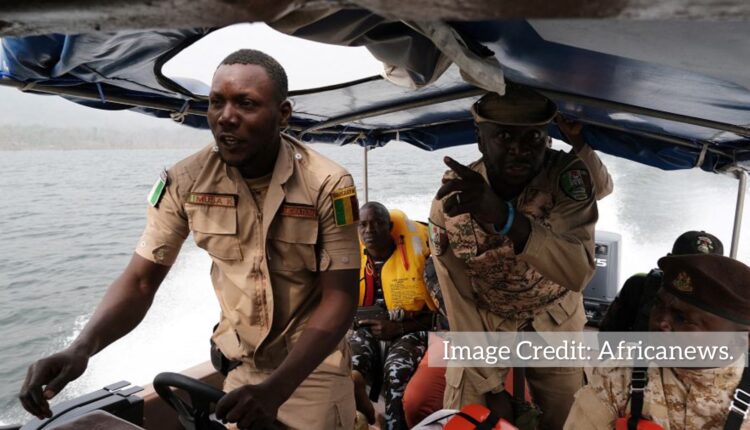Cameroon’s Anglophone regions the North-West and South-West have become a battleground where civilians are increasingly caught between separatist militants and government soldiers, with no safe haven in sight. What began in 2016 as peaceful protests by English-speaking communities over political and economic marginalization quickly escalated into a violent separatist conflict. The insurgents seek to create an independent state called “Ambazonia,” while the Cameroonian government has responded with heavy military force. Eight years on, the conflict has claimed over 6,000 lives and displaced more than 750,000 people.
For the civilian population, the war has turned everyday life into a nightmare. Villages have been burned to the ground, schools shut down, and citizens kidnapped or killed by both sides. The story of Ngabi Dora Tue, who lost her husband to separatist fighters after he was abducted and killed, underscores the cruelty of the violence. “Nowhere is safe,” she told the BBC, echoing the sentiments of thousands living in fear of raids, stray bullets, or forced disappearances.
Children and education have suffered immensely. Armed separatists, protesting the imposition of the French-language curriculum, have attacked and enforced boycotts of schools, particularly targeting government-run institutions. In a tragic 2020 incident, seven children were killed in a school in Kumba. As a result, an estimated 1.4 million children in the Anglophone regions now need urgent educational assistance, with hundreds of schools closed or destroyed.
Both government forces and separatists have been accused of grave human rights abuses. The military has been reported to conduct violent raids, burn homes, and carry out extrajudicial killings in its counter-insurgency operations. Meanwhile, separatist groups have extorted civilians, enforced illegal taxes, and killed those they suspect of collaborating with the government. According to human rights observers, the impunity on both sides has deepened public mistrust and fear.
In an unusual move towards justice, authorities in Norway in 2024 arrested a man on suspicion of inciting crimes against humanity related to the Cameroon conflict. The case drew attention to the lack of accountability in the war and the international community’s general silence.
Cameroonian human rights lawyer and activist Felix Agbor Nkongho has stressed the disillusionment many feel toward both factions: “There was a time when people believed separatists could protect them. But now, civilians realize they’re being exploited by both the government and the fighters.”
Despite calls from civil society and international organizations for mediation and peace talks, no lasting political solution has been achieved. The Cameroonian government has resisted external involvement, while the separatist movement remains fragmented and heavily armed. The humanitarian situation continues to worsen, with over 2 million people in need of aid.
As the conflict grinds on, the cry of “nowhere is safe” rings truer than ever for Anglophone Cameroonians. Without decisive action to address the roots of the crisis and end the violence, the civilian population will continue to suffer in silence trapped between the gunfire of those who claim to protect them.








